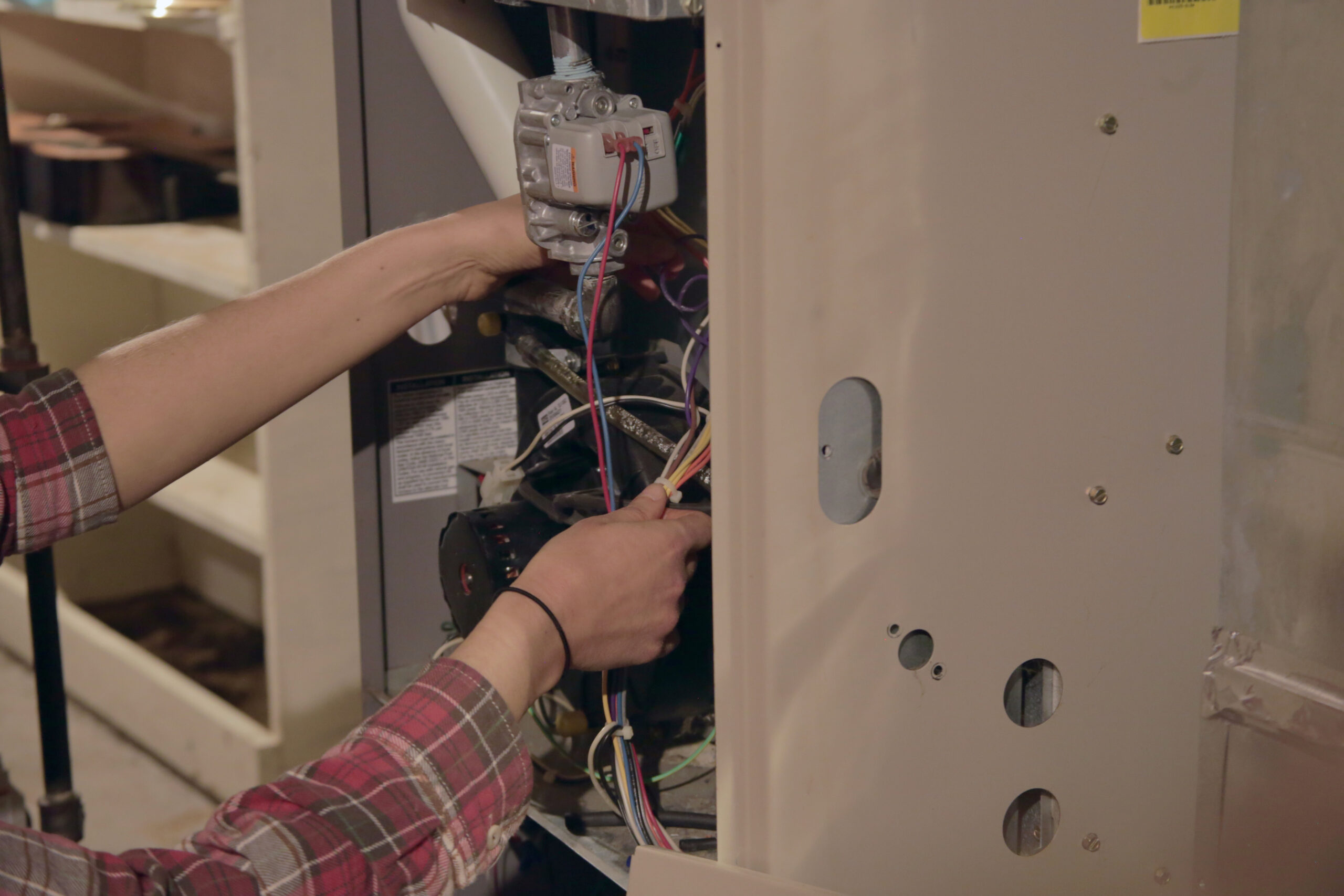Why Isn’t My Water Heater Heating?
Most of us don’t think about our water heaters when they’re doing their job. You ask for hot water, you get it, and life goes on. It’s not until you’re suddenly faced with cold showers that you realize how essential a water heater is to comfortable living. There are many reasons your water heater might stop working. Read on to learn what the most common ones are:
6 Common Reasons Your Water Heater Isn’t Heating
1. It doesn’t have power or fuel – This might be due to different factors, depending on the type of water heater you have:
- Gas water heaters – You might simply be out of gas. Your water heater’s gas supply valve could also be switched to “OFF.”
- Electric water heaters – Your unit might have been unplugged, so check to make sure that it is plugged in. Your water heater, or another appliance, could have tripped your circuit breaker. Check to see if any switches in your circuit breaker are switched to the “OFF” position.
2. The thermostat is malfunctioning – If your thermostat is not working at all, you will not have any hot water. If your thermostat is faulty, it might be causing your high limit switch to flip on because it thinks that the water in your tank is exceeding 180 degrees. If this is the case, try to locate and press your water heater’s reset button. If the high limit switch continues to be tripped, you need to have your water heater looked at by a professional.
3. The pilot light is out – Your pilot light can go out due to drafts or an interruption of gas service. If your thermocouple or thermopile is malfunctioning, your pilot light will go out. A corroded gas valve can also prevent your pilot light from staying lit.
4. Water pressure variation – If your water heater is connected directly to the main water supply line, a water pressure increase from a municipal supply could cause your tank to get too full. This could cause your water tank to break at the seams when the water gets hot.
5. Loose parts – Water may leak from loose nuts and bolts. A bad gasket will not seal properly and may also cause a leak. The fix may be as simple as tightening your water heater’s bolts or replacing a gasket.
6. Age – At some point, the parts on any water heater will wear out and it will lose the ability to perform its job. If your water heater is more than 10 years old, it might have a host of issues caused by normal wear and tear on the parts. At that point, it’s more cost-effective to replace it with a newer model.
Water Heater Troubleshooting Tips
When your water heater suddenly goes out, there are a few questions you can ask yourself to diagnose and repair it before you call in a professional.
Troubleshooting Gas Water Heaters:
- Is the pilot light lit?
- Is the gas supply valve in the “ON” position?
Troubleshooting Electric Water Heaters:
- Is the unit plugged in?
- Has your circuit breaker been tripped?
- Has the unit’s reset button been tripped? (If so, press it.)
If none of these steps work, it’s time to call a professional plumber to take a look at your water heater.
Need a New Water Heater? Consider Going Tankless!
When it’s time to replace your water heater, a tankless water heater is a good, energy-efficient option to ensure that you never run out of hot water. It will last longer than a traditional water heater while requiring less maintenance.
Learn more about tankless water heaters and why your family can benefit from switching to this innovative method.






